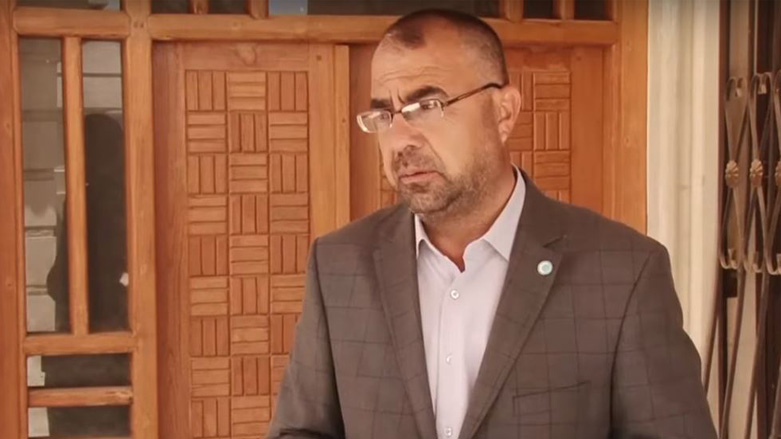Turkmen, Arabs in Kirkuk give 48-hour ultimatum to Electoral Commission

ERBIL (Kurdistan 24) – Amid ongoing protest, Turkmen and Arabs in Kirkuk who have rejected the results of the May 12 parliamentary election and called for a new vote on Monday issued an ultimatum of 48 hours for the Independent Electoral High Commission (IHEC) to respond to their complaints.
“After the given time, our supporters and leaders will be forced to act. Countrywide protests or violent action will ensue, and the Commission will be responsible for that,” Istebriq Yazdan Oghlo, the organizer of the Turkmen-led demonstrations, told Kurdistan 24 in an interview.
Immediately after the Iraqi national elections, several parties had called on the IHEC to investigate claims the newly-introduced electronic ballot-casting system had been tampered with and allegations of widespread fraud.
During the protests that began last Monday, the Patriotic Union of Kurdistan (PUK) party asked the central government to send backup to the IHEC office in the city of Kirkuk which had been surrounded by demonstrators.
In an attempt to address concerns in the Kurdistan Region, the Kurdistan Democratic Party (KDP) supported calls by other smaller Kurdish parties to have the IHEC arrange a manual recount of the votes in disputed polling stations to “remove all suspicions and maintain the peace in the Kurdistan Region.”
The Iraqi parliament was not able to hold an emergency session on Saturday meant to discuss the results of the recent parliamentary elections after failing to achieve quorum.
Regarding the results of the election in Kirkuk, Kurdistan Islamic Movement member, Saeed Hassan Shekhani, told Kurdistan 24 “We have made formal appeals in the Kurdistan Region.” He went on to point out that “as Kurds, we were not successful in Kirkuk. We [Kurds] previously had eight seats, but now we hold only six and all belong to a single party [PUK].”
“It is true that we have six seats in Kirkuk, but compared to previous elections, we have lost two seats,” said Jamal Shukri, second in command for the PUK in Kirkuk, expressing fears that the Kurds would be underrepresented despite being a majority in the ethnically-diverse region.
Gorran Movement member in the Iraqi parliament, Hoshyar Abdullah, in a written statement on Monday, asked the Sairoon coalition leader and winner of the election, Muqtada al-Sadr, to declare his position on the May 12 “electoral manipulation and fraud scandal.”
He hoped Sadr would side with parties and individuals who have shared their concerns regarding the credibility of the elections to “prevent the electorate from becoming disillusioned and the breakdown of public confidence in the political process.”
In the aftermath of the election, all Kurdish political parties, except the PUK, had called for a manual recount of the votes.
Editing by Nadia Riva
